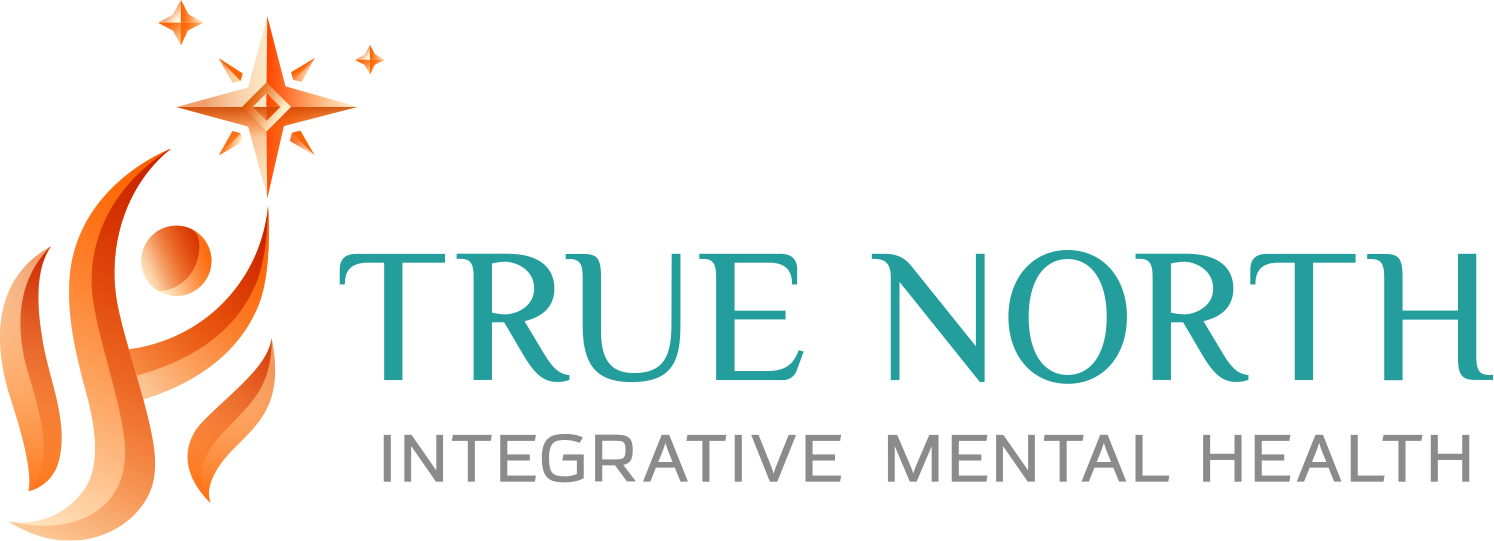TMS Therapy & How To Help Someone With An Eating Disorder
Dr. Jamie Rogers • February 4, 2022
National Eating Disorder Awareness Week is just around the corner with a mission to educate individuals about the realities of eating disorders. Read on to learn how TMS therapy can help someone struggling with an eating disorder.
National Eating Disorders Awareness (NEDA) Week is coming up this February 21-27. The annual awareness campaign is designed to educate the public and to provide hope, support, and visibility to individuals affected by eating disorders.
NEDA aspires to educate the public about what an eating disorder is, how to spot early symptoms, and how to support an individual with an eating disorder.
With NEDA’s mission at the forefront, we’ve compiled a list of 5 tips to consider when talking to a loved one with an eating disorder, as well as information about how TMS therapy can treat common eating disorders like anorexia.
What is an eating disorder?
There are a variety of conditions that fall under the umbrella term of eating disorder, but they are all characterized by a disruption in eating behaviors accompanied by negative thoughts and emotions. Different types of eating disorders include anorexia nervosa, bulimia nervosa, binge eating disorder, avoidant restrictive food intake disorder, other specified feeding and eating disorder, pica and rumination disorder.
Eating disorders affect 5% of the population and occur most often in adolescents and young adults, predominantly in women. Some common behaviors that might indicate an eating disorder include binge eating, vomiting to purge, compulsive exercise, misuse of laxatives, restrictive eating, and avoidance of certain foods.
How can you help someone with an eating disorder?
Family, friends, and other loved ones can play a key role in supporting someone with an eating disorder. These individuals are often the first to notice signs and symptoms of disordered eating and can be the first to encourage their loved one to seek help.
Having a conversation with a loved one about their disordered eating can be incredibly difficult. People often worry that they might say the wrong thing or might alienate the victim. When having a conversation with a loved one about their disordered eating, try to remember
these 5 tips.
LEARN ABOUT EATING DISORDERS
Try to learn as much as you can about eating disorders by reading books and other educational content. You can also talk to trusted professionals about how to support your loved one.
AVOID ANY STIGMA
There is a lot of stigma surrounding eating disorders. Don’t be afraid to talk about it and remind your loved one that they have nothing to feel ashamed about.
AVOID OFFERING OVER-SIMPLIFIED SOLUTIONS
Don’t tell your loved one to “just stop throwing up” or to “just eat more.” Not only is this unhelpful, it completely invalidates their disorder and experience.
PREPARE FOR A NEGATIVE REACTION
Those that struggle with eating disorders can often act defensively when confronted with the reality of their condition. Others might try to downplay the problem and may try to convince you that nothing is wrong. Stay strong and keep voicing your concerns with the intention to keep the conversation going.
ENCOURAGE OR HELP THEM FIND PROFESSIONAL HELP
Most eating disorders require specialized, professional help in order to recover. Encourage your loved one to seek professional help or you can help by accompanying them to see a physician. Due to the behavioral nature of eating disorders, physicians will often recommend an individual to a therapist.
TMS therapy can help people with eating disorders.
What is TMS therapy? TMS stands for transcranial magnetic stimulation and involves a noninvasive procedure where nerve cells in the brain are stimulated by magnetic fields. TMS therapy is often used to treat depression, anxiety, and other psychiatric or neurological conditions, including eating disorders.
Psychiatrist and professor Ulrike Schmidt at King’s College in London, cites that her projects and studies
prove TMS to be effective in treating eating disorders. TMS reduces activity in the amygdala, a region of the brain involved in anxiety and threat responses. Schmidt has also found that it redirects the patient's attention when it comes to food.

A randomized control trial from 2018 found that 45% of anorexia patients that received TMS therapy reached normal weight within 18 months following the study. While talk therapy can be effective in treating eating disorders, TMS has the advantage of going straight to the source and altering the area where the behavior begins - the brain.
TMS therapy is available in Greenville, NC
If you or a loved one are struggling with an eating disorder, know that you are not alone and that there are resources available to you.
Are you looking for
TMS therapy near Greenville, NC to help support yourself or a loved one in their journey with an eating disorder?
True North Integrative Mental Health as part of SMEG Family Mental Health, is a leader in the ground-breaking, FDA-approved TMS therapy field and supports the Greenville NC region. Call today for a free consultation at
252-232-4290.

Our Helpful Links
Schedule a Consultation
Get help with depression today! It's important to know that you are not alone.

